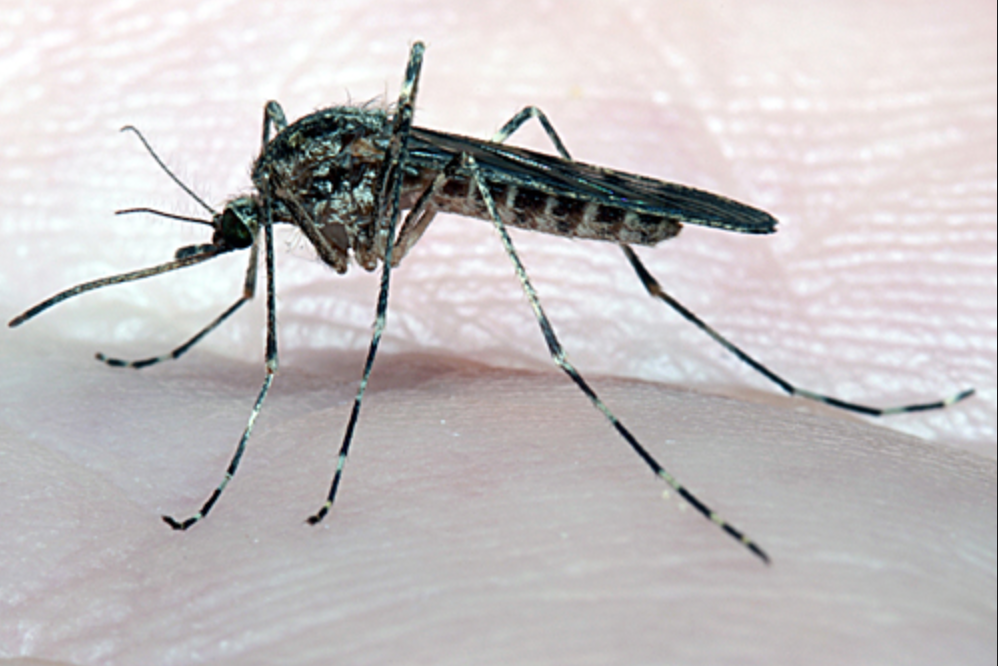Photo: A Culex mosquito.
Following two consecutive weeks of WNV positive mosquito detections in the Boston area, the Massachusetts Department of Public Health has raised the West Nile Virus risk level to moderate for residents living in Belmont, Boston, Brookline, Cambridge, Newton and Watertown.
“Over the next few weeks, the Belmont Health Department will continue to work with the Massachusetts Department of Public Health, and the Eastern Middlesex Mosquito Control Project to monitor the mosquito populations for WNV. EMMCP crews recently started to treat [more than] 2,000 catch basins to reduce the mosquito population,” said Angela Braun, Belmont’s Director of Health.
WNV is most commonly transmitted to humans by the bite of a mosquito infected with the virus. While WNV can infect people of all ages, people over 50 are at higher risk for severe infection.
The Culex mosquitoes that carry the virus are prevalent throughout the state and are found in urban as well as more rural areas. While most mosquito species develop in wetlands, Culex mosquitoes prefer to lay their eggs in catch basins, clogged rain gutters, unused tires, buckets and other water holding containers.
Residents can help combat this disease by mosquito proofing their property. Limit the number of places around your home for mosquitoes to develop by either draining or getting rid of items that hold water.
- Check rain gutters and drains, empty any unused flowerpots and wading pools, and change the water in birdbaths frequently.
- Install or Repair Screens: Some mosquitoes like to come indoors. Keep them outside by having tightly-fitting screens on all of your windows and doors.
Avoid Mosquito bites by following these simple steps:
- Be Aware of Peak Mosquito Hours: The hours from dusk to dawn are peak biting times for many mosquitoes. Consider rescheduling outdoor activities that occur during evening or early morning. Otherwise, take extra care to use repellent and protective clothing.
- Clothing can help reduce mosquito bites. Although it may be difficult to do when it’s hot, wearing long-sleeves, long pants, and socks when outdoors will help keep mosquitoes away from your skin.
- Apply Insect Repellent when you go outdoors. Use a repellent with DEET (N, N-diethyl-m- toluamide), permethrin, picaridin (KBR 3023), IR3535 or oil of lemon eucalyptus [p-methane 3, 8-diol (PMD)] according to the instructions on the product label.
Information about WNV and reports of WNV activity in Massachusetts during 2017 can be found on the MDPH website.








Leave a Review or Comment